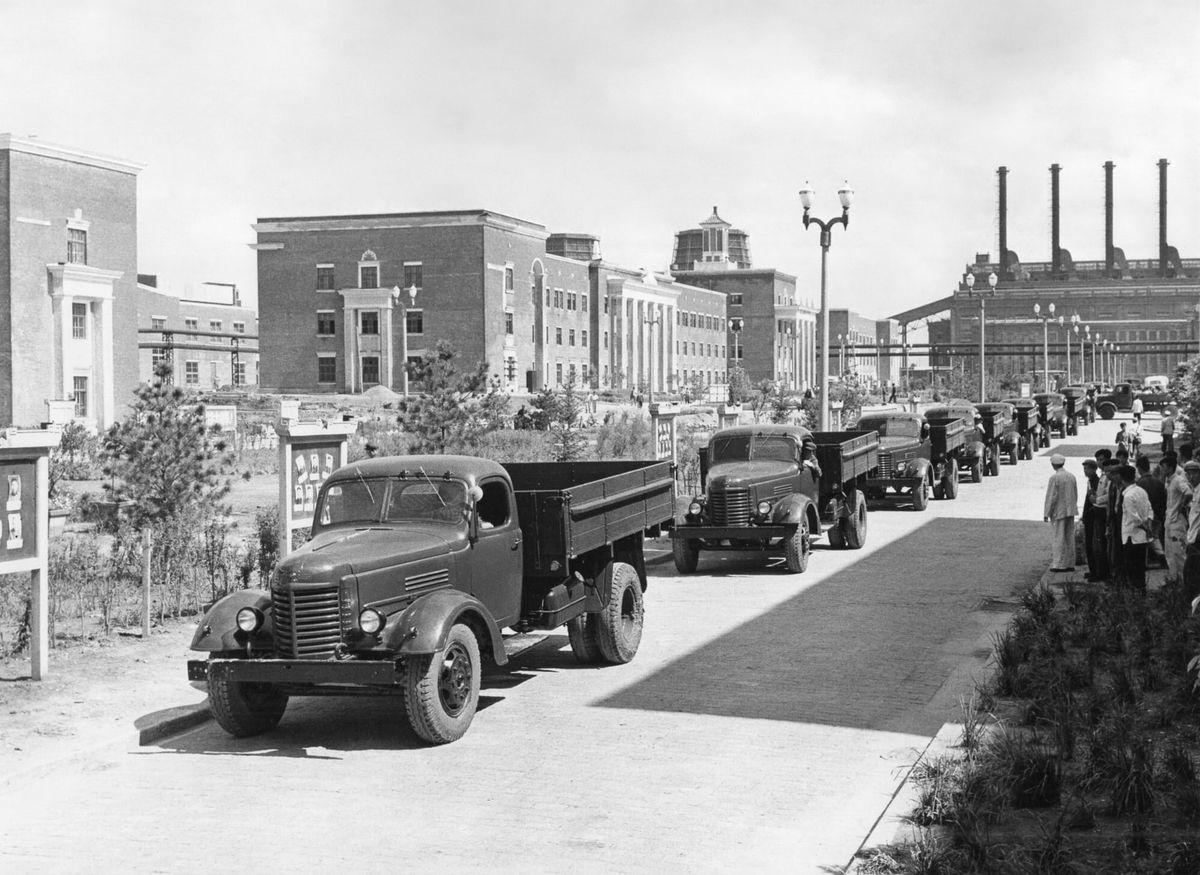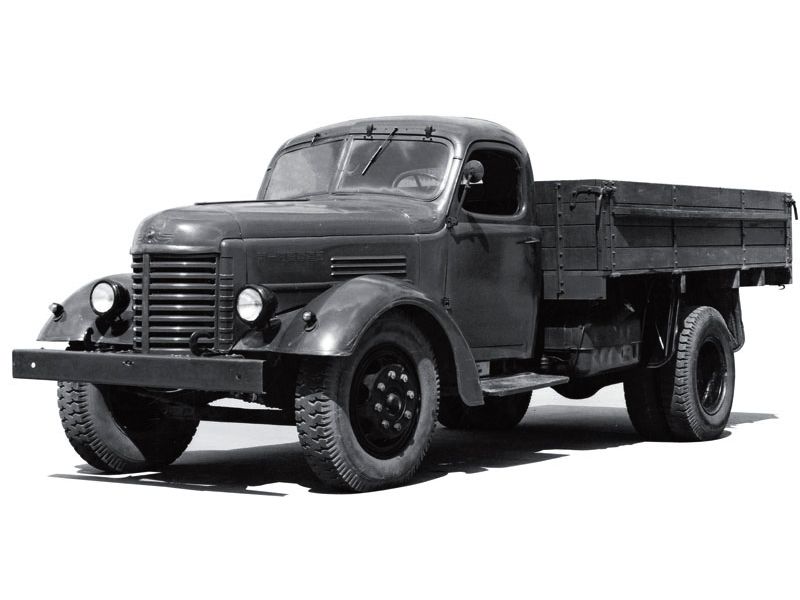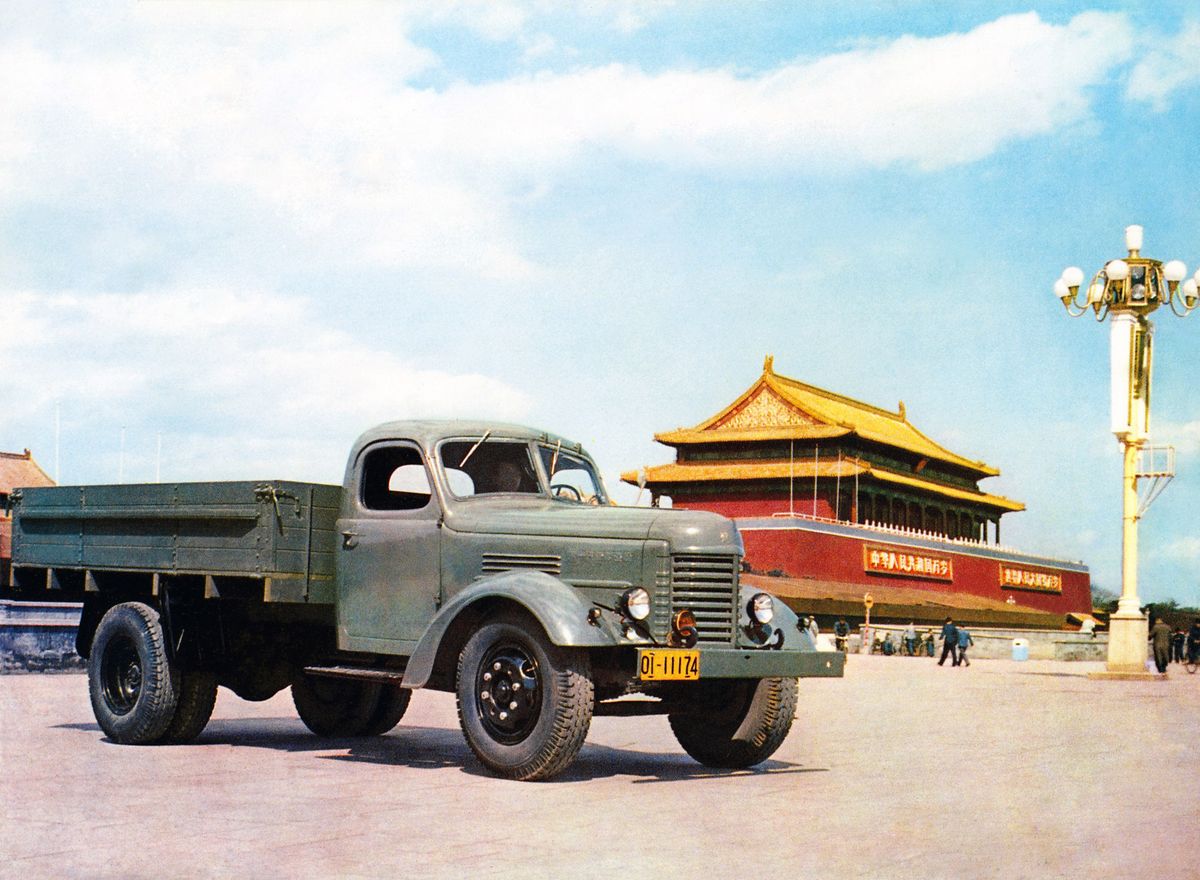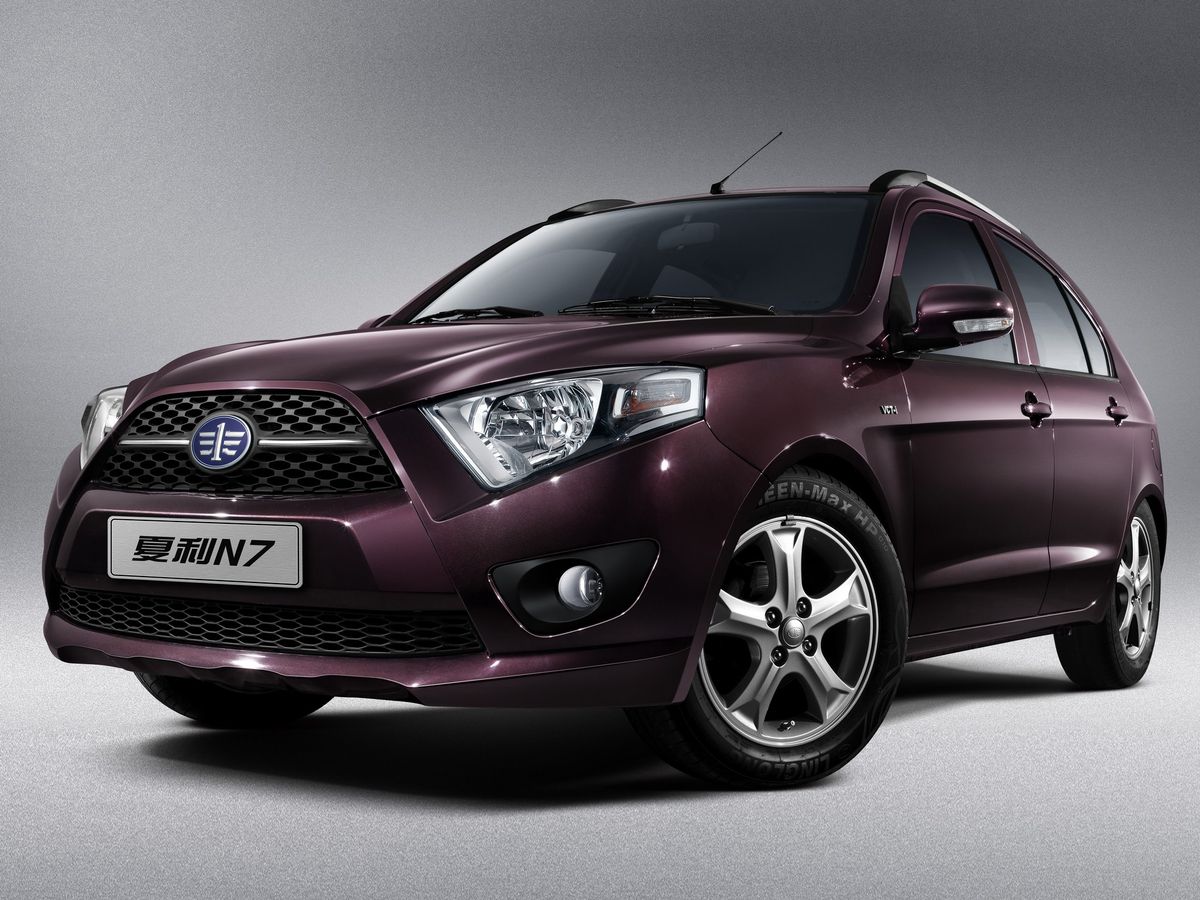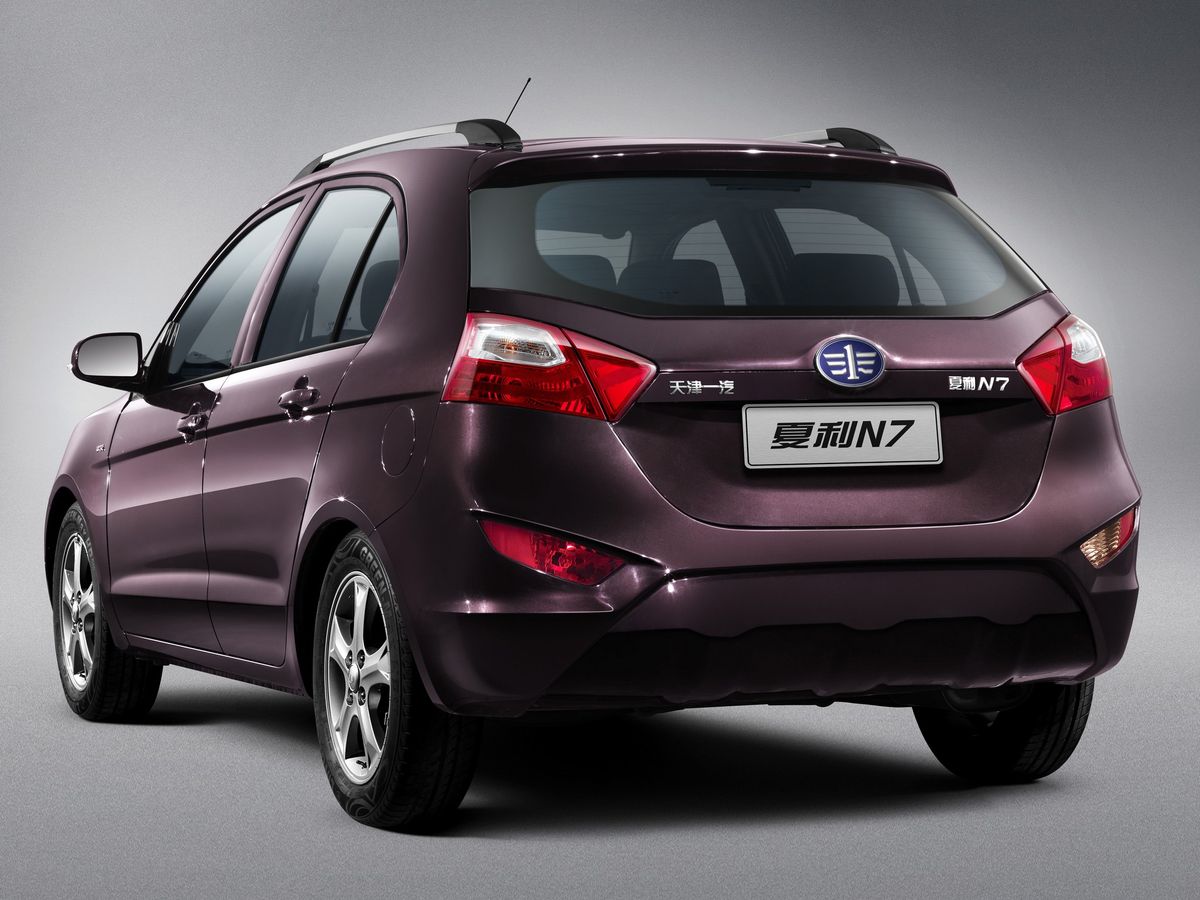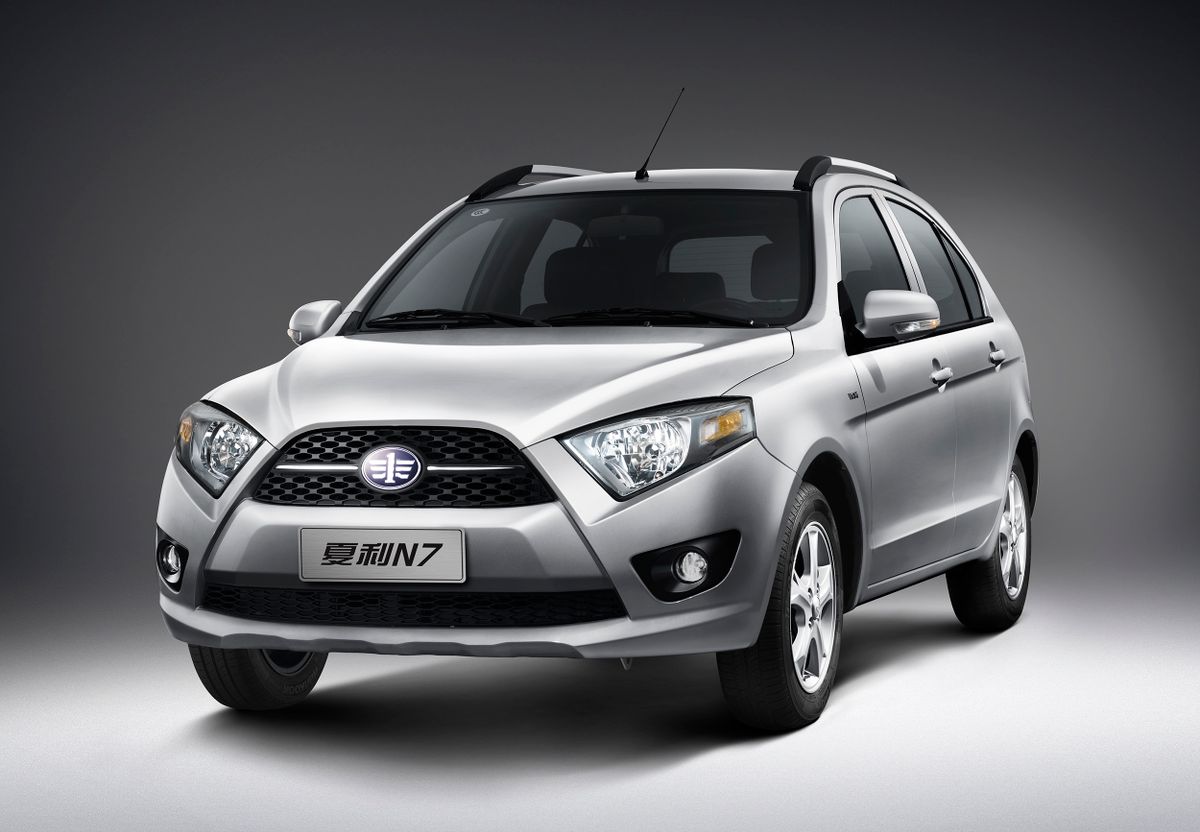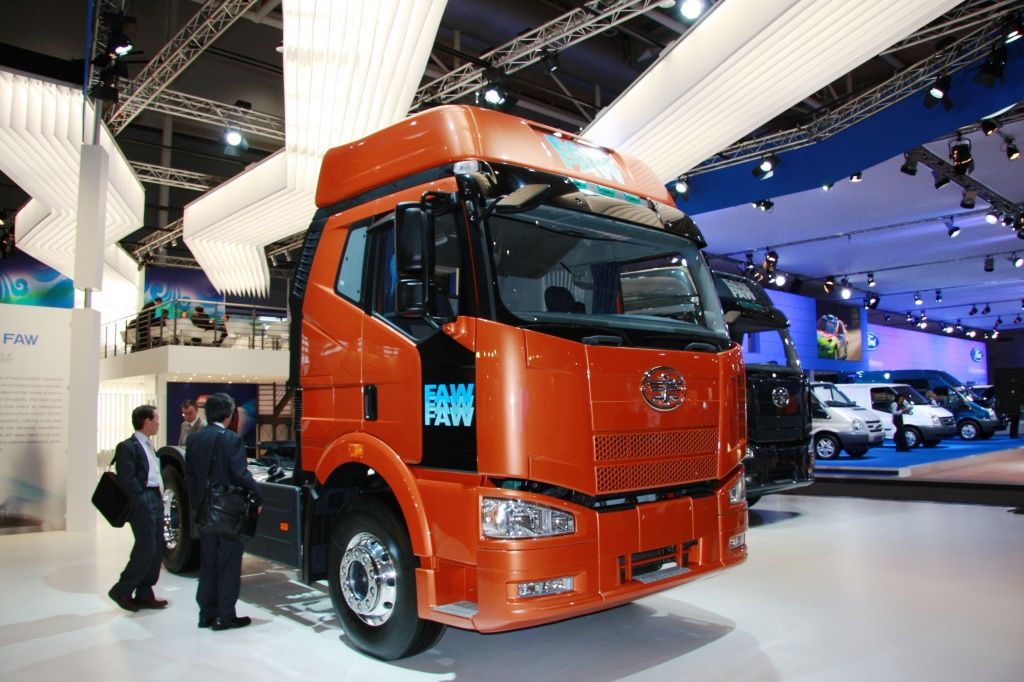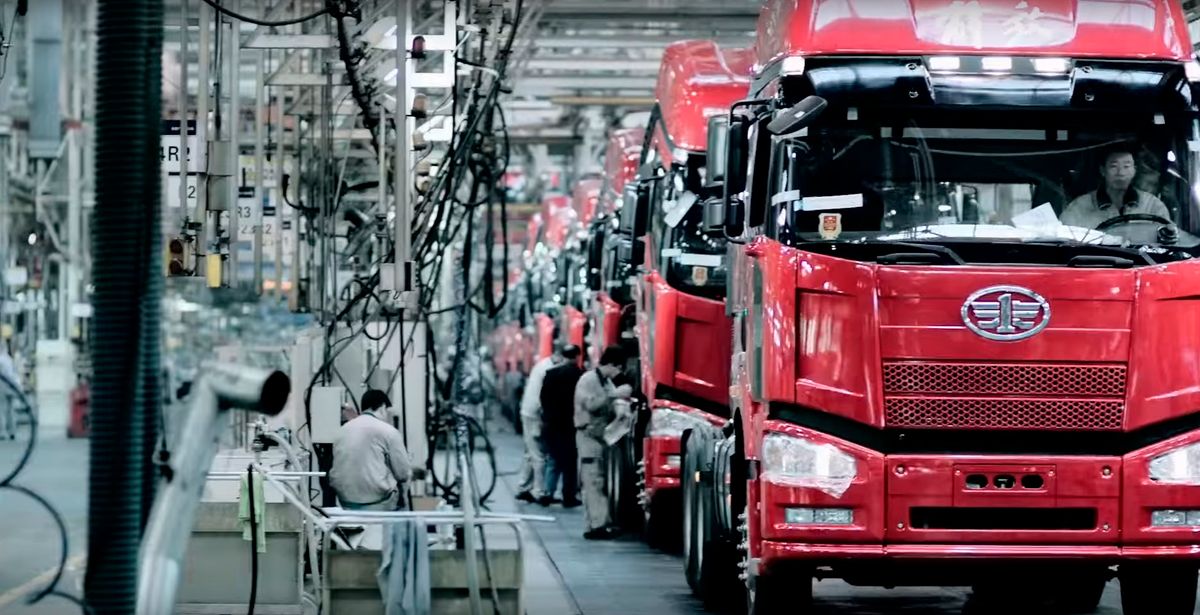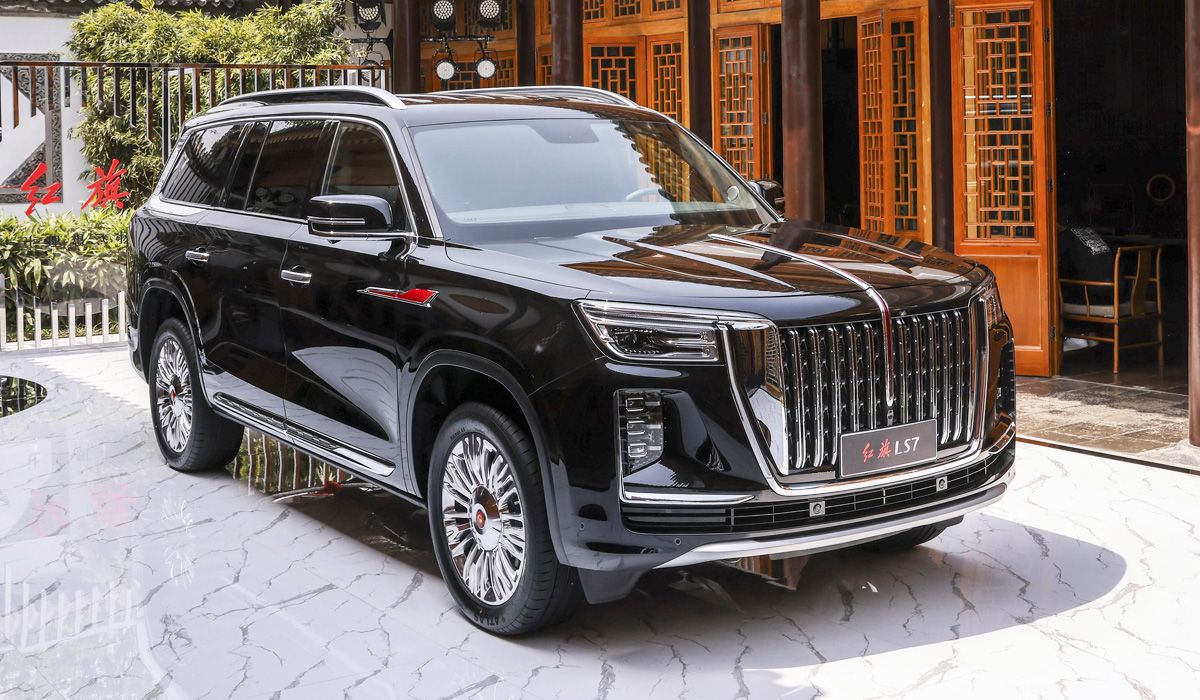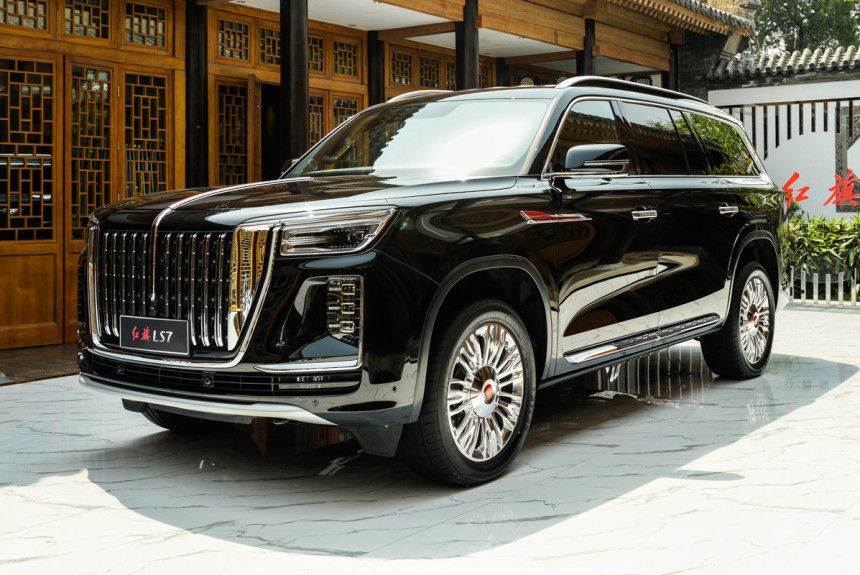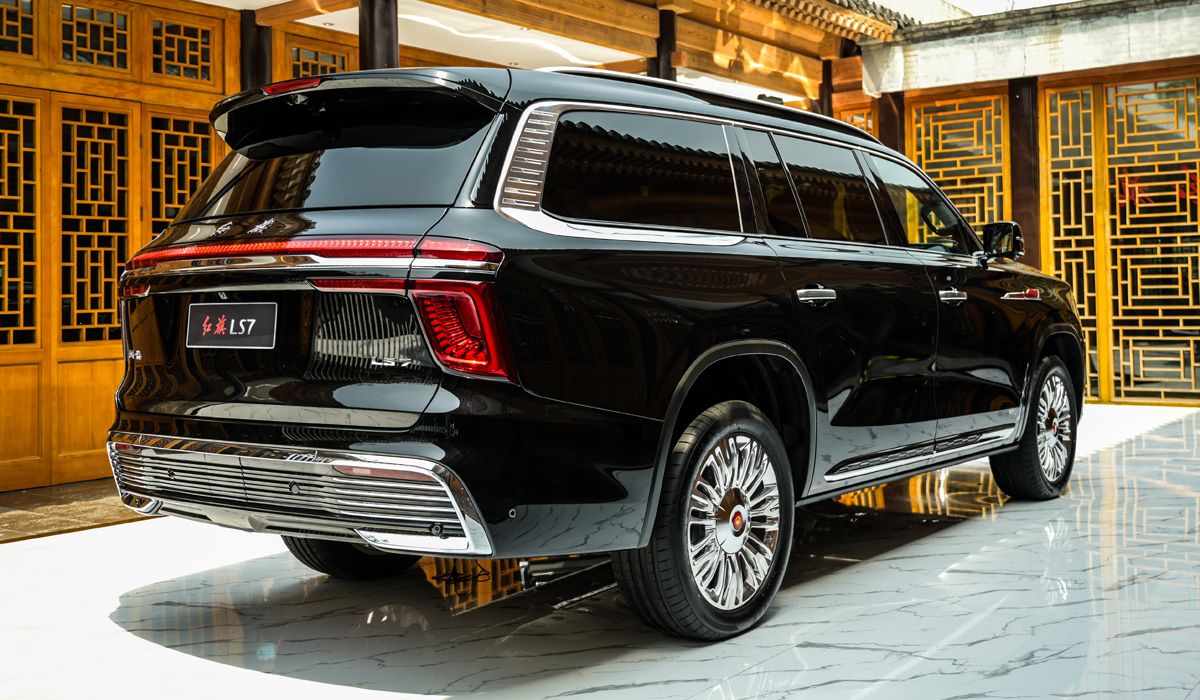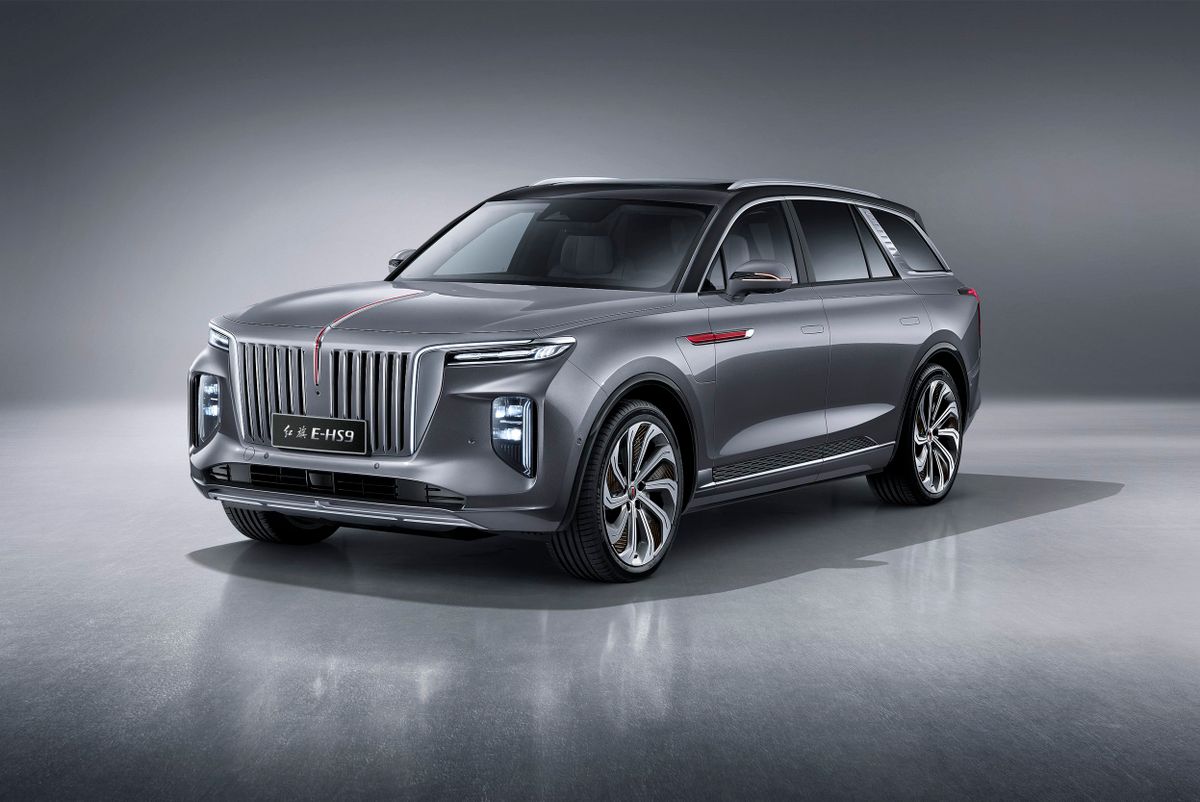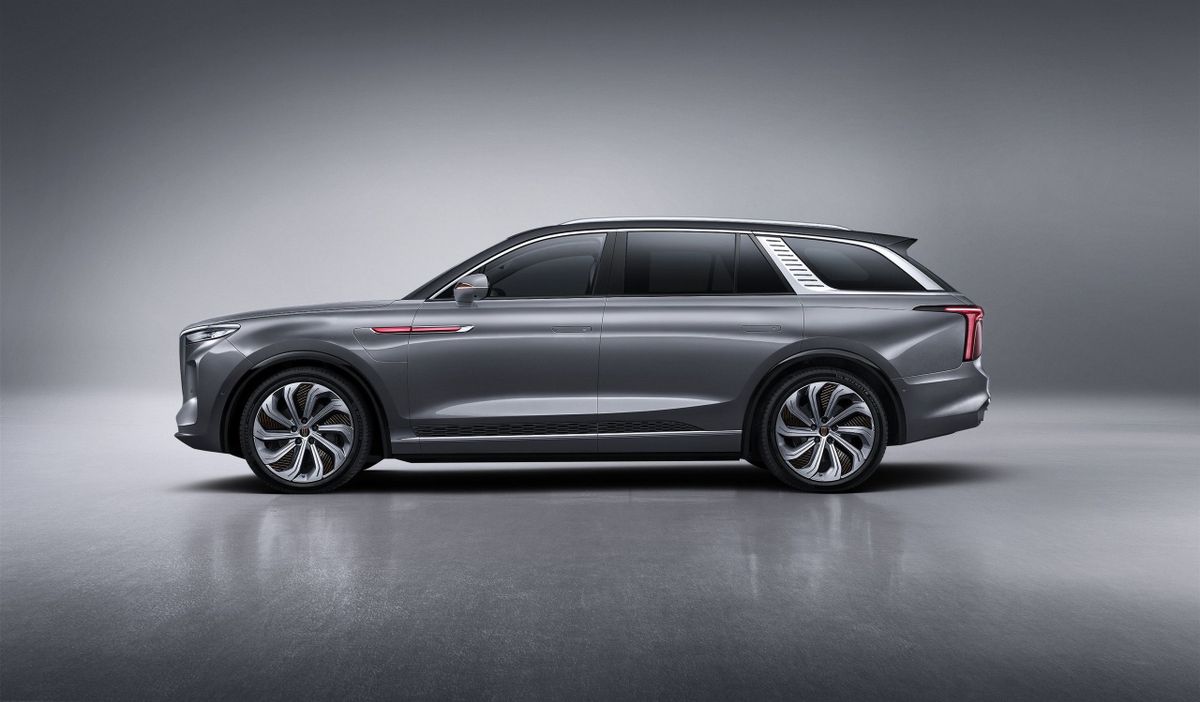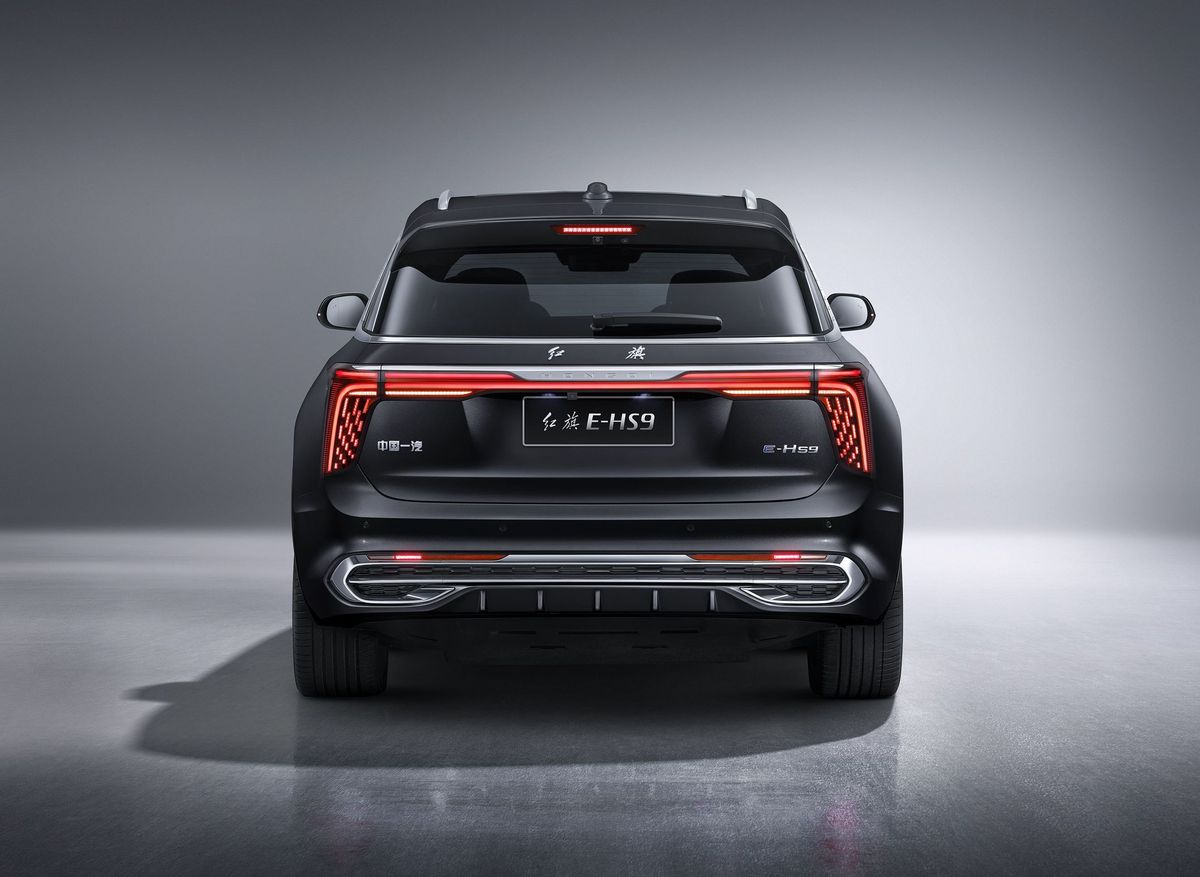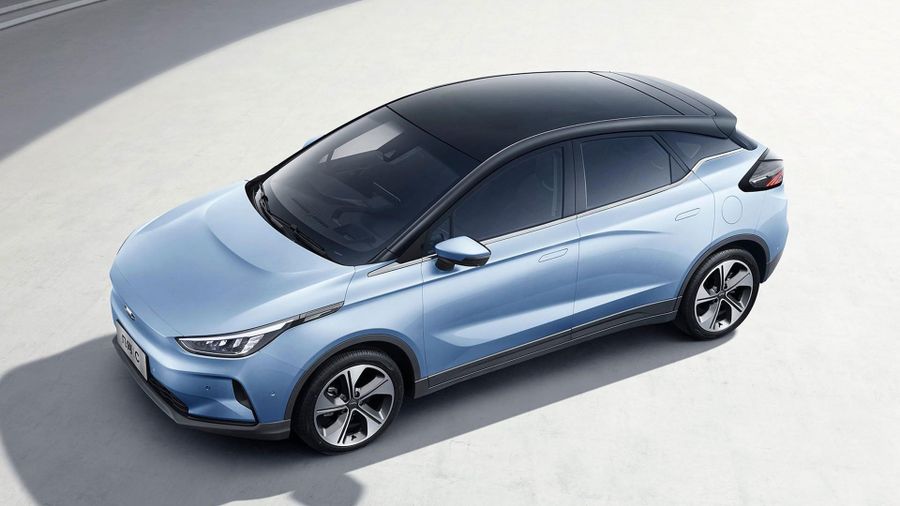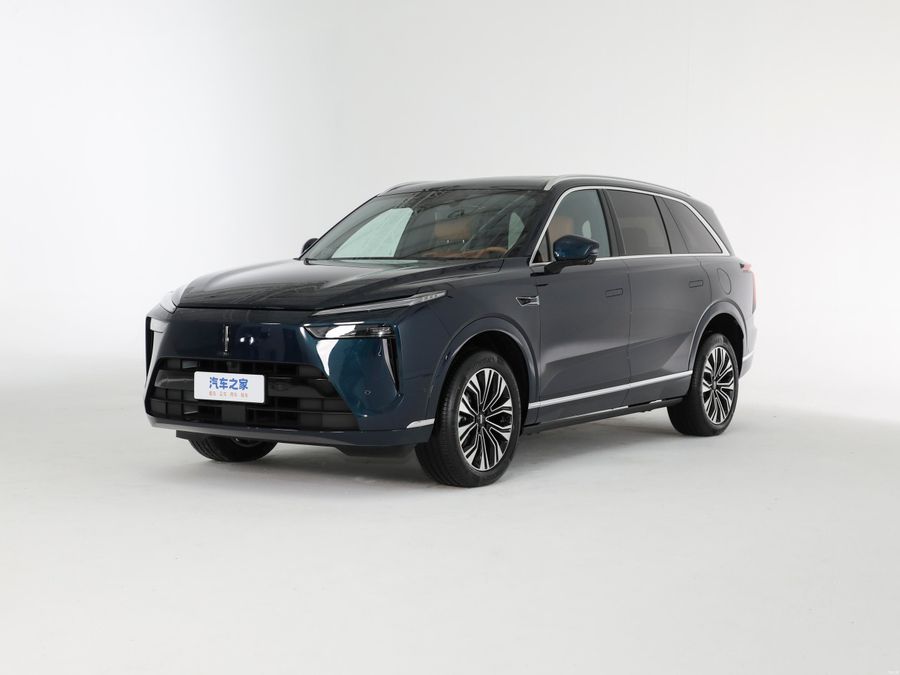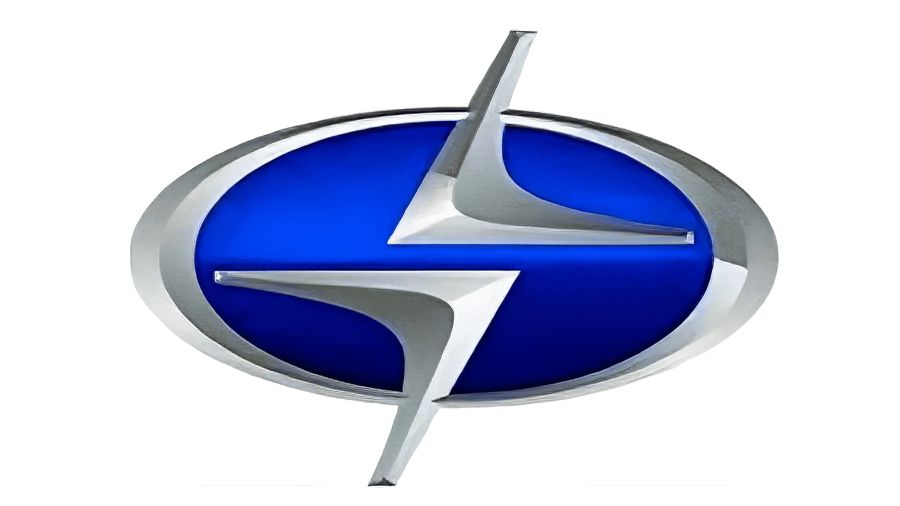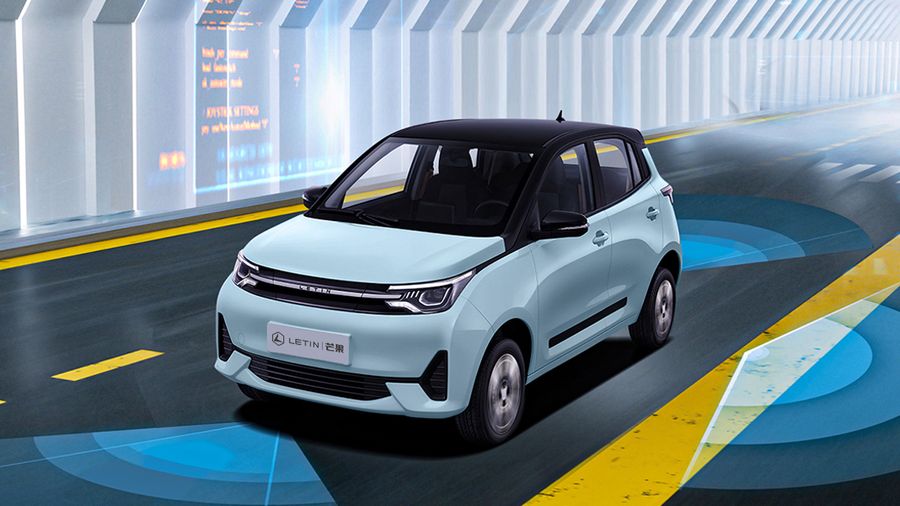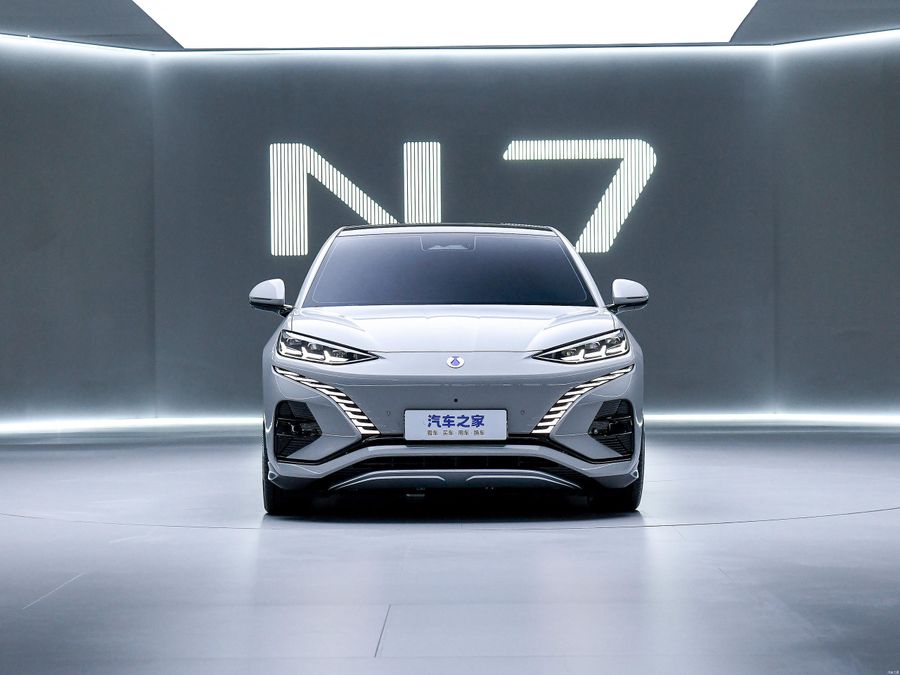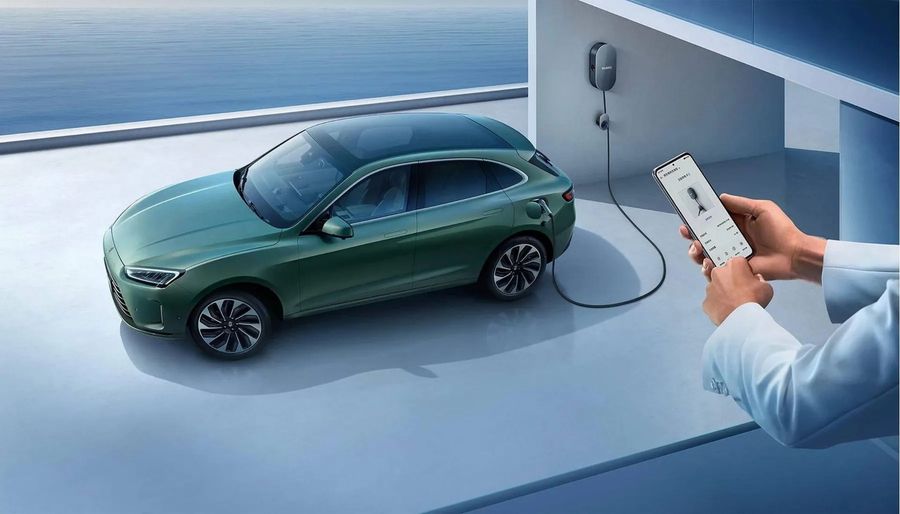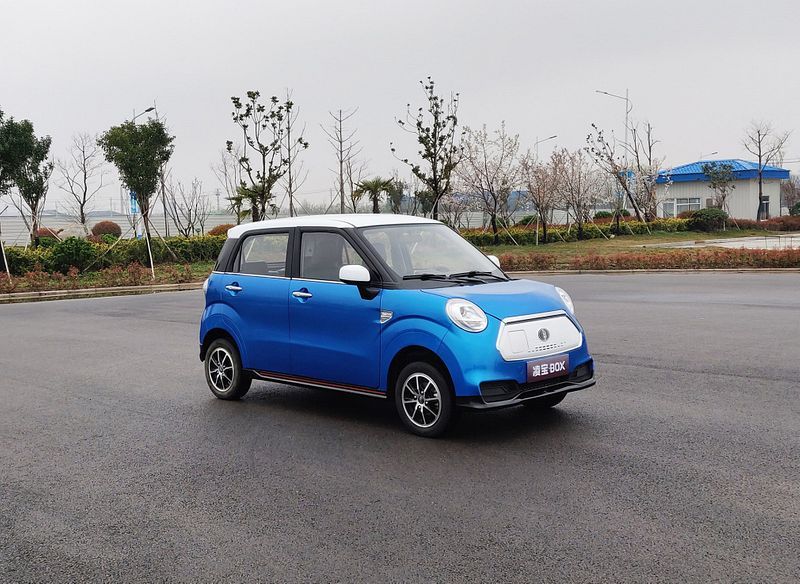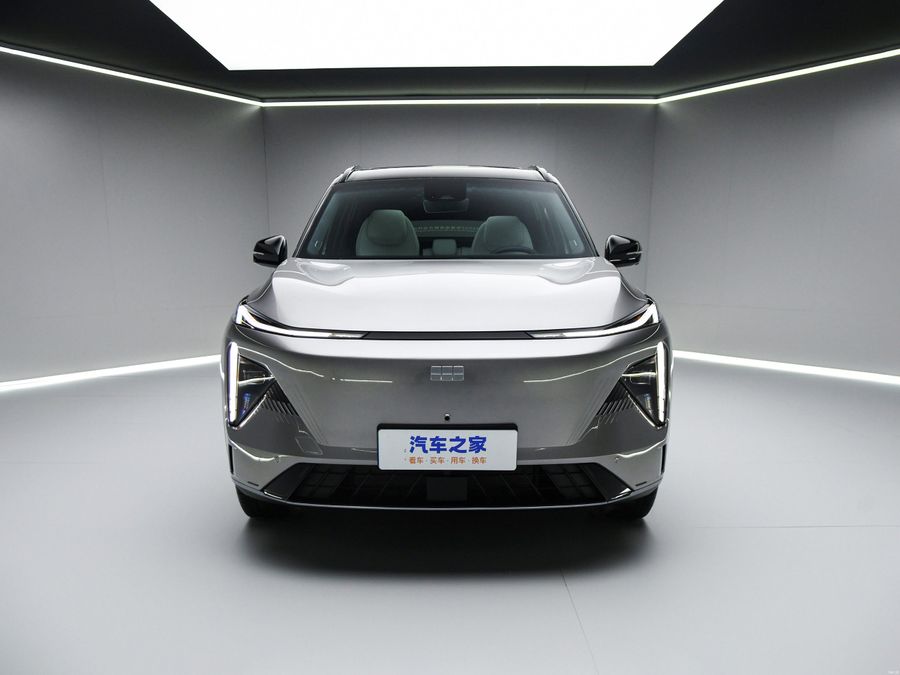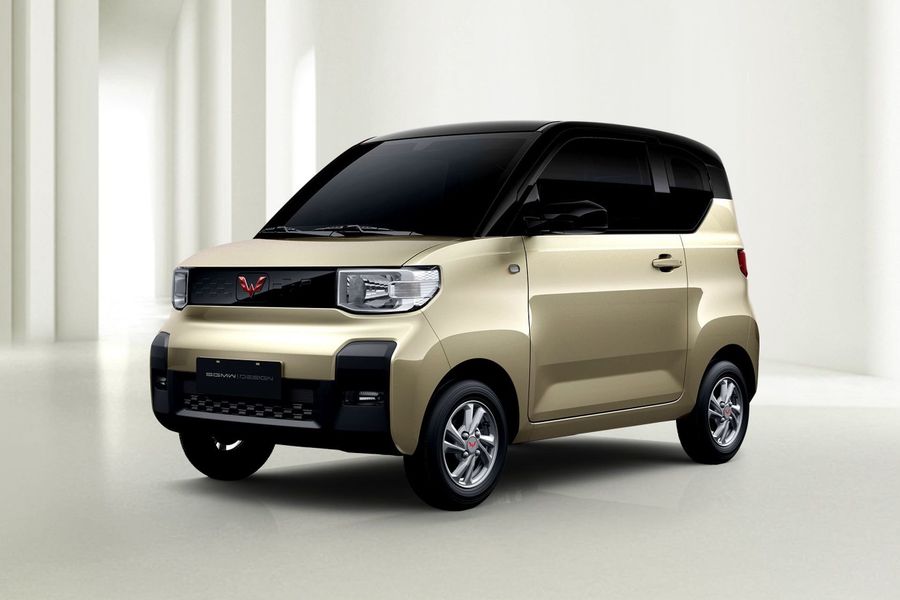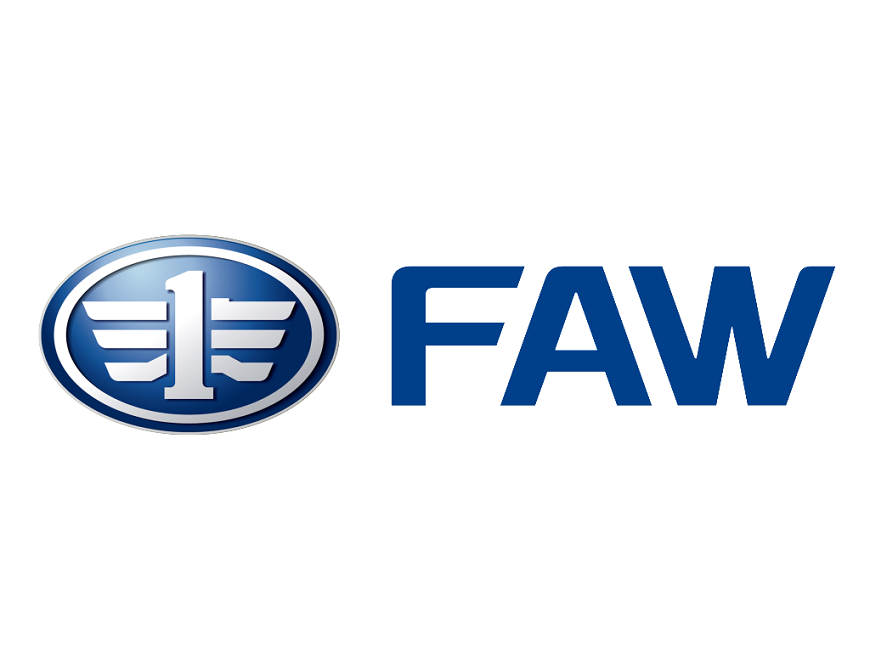
FAW. The first car brand in China
FAW (First Automotive Works) is China’s first car brand, established on July 15, 1953. The company has been producing vehicles since 1958. The creation of the first automobile works in China marked the beginning of the development of the country’s automobile industry. It was FAW that produced the first Chinese truck and the first Chinese passenger car. In 1958, the first car brand in China introduced a passenger car under the Hongqi brand, which is today represented in Israel by the luxury electric SUV, the Hongqi E-HS9.
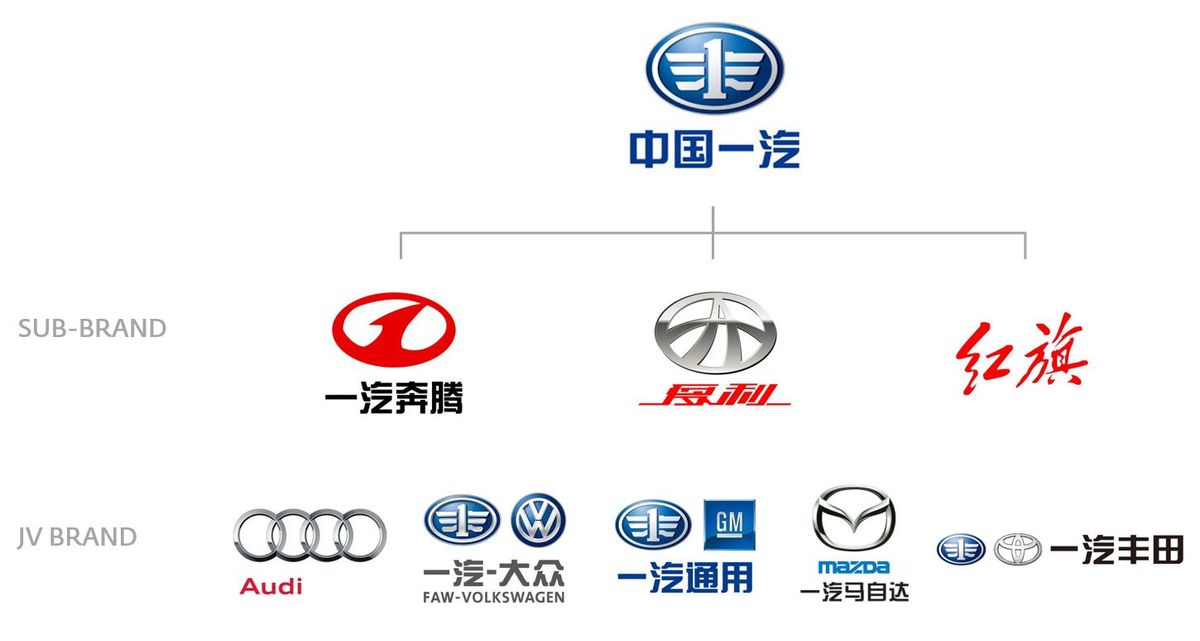
FAW is a current leader in the Chinese automotive industry. It mainly produces automobiles, buses, light, medium and heavy trucks, and automotive parts. The corporation fully owns 28 subsidiaries, and has a stake of more than 50% in 18 subsidiaries, including FAW Jiefang Automobile, Tianjin FAW Xiali Automobile, FAW Volkswagen Automobile, and FAW Toyota Motor. The company manufactures and sells cars under its own brands Hongqi and Bestune. It also active cooperates with foreign brands such as Volkswagen or Audi.
History
The first automobile works in China started building its first product in 1953 with the active assistance of the Soviet Union. The ‘Big Brother’ provided technical support, tools, equipment, and even training for specialists: 39 Chinese FAW employees were trained at the Stalin truck production plant. In 1956, the young company released its first model, the Jiefang CA-10 truck, which was based on the Soviet ZIS-150.
The FAW logo appeared in 1964. It comes from the Chinese characters for ‘one’ and ‘car’ and depicts a hawk spreading its wings. The bird flew high: the company, originally engaged exclusively in the production of commercial trucks, began to produce cars already in 1958. And those were not simple cars. The company started building Hongqi luxury sedans for the party elite. Until now, these limousines, recently supplemented by SUVs, are successfully produced and sold. In 1992, the name ‘First Automotive Works’ was changed to FAW Group Corporation. In 1990, the company established the first joint venture with Volkswagen. FAW became the second Chinese automaker after SAIC to cooperate with Western partners.
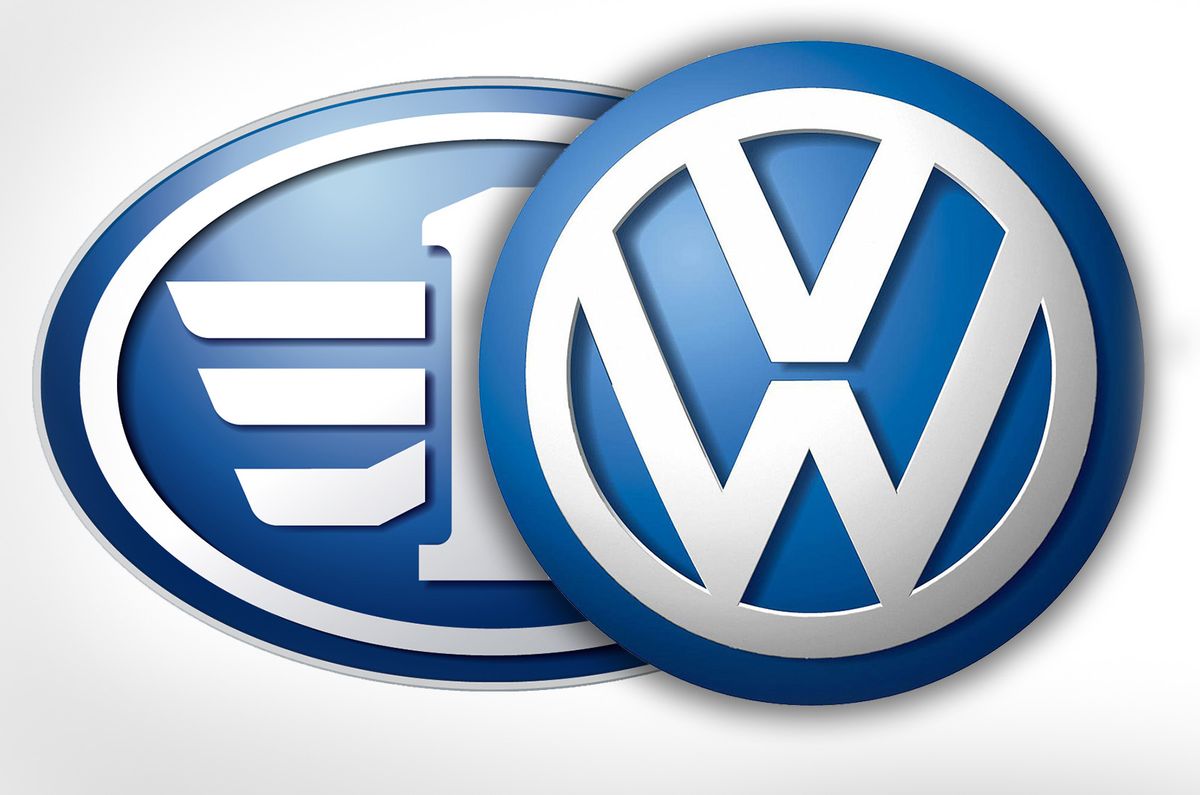
It was FAW that produced the first Chinese truck and the first Chinese passenger car
Shortly after that, the company started cooperating with Toyota, General Motors, etc. It developed rapidly. In 2008, it produced more than 1.5 million cars. In 2009, it became the largest engineering corporation and the second largest car manufacturer in China. In 2010, with sales of 2.56 million units, the company ranked third in China, and one of its products, the FAW Xiali, ranked seventh among the best-selling cars in China. Passenger cars accounted for 64% of total production in 2012.
As for export, FAW began delivering its vehicles abroad in 1957 with a batch of just three commercial trucks sold to a Jordanian businessman. Today, its vehicles are delivered to more than 80 countries. The countries where the company exports products include Israel, Egypt, Iraq, Kenya, Mexico, Pakistan, Russia, South Africa, etc.
Present time
On July 15, 2003, FAW celebrated its 50th anniversary on a grand scale. This was followed by the expansion of cooperation with Toyota, which reached a new level. In 2004, a new FAW-Volkswagen plant was opened. The opening event was attended by German Chancellor Gerhard Schröder and Chinese Vice Premier Zeng Peiyan. This indicates a high status beyond the national borders. At the end of the same year, FAW became the first car and truck manufacturer in China with annual sales of over one million units. On July 12, 2005, the company was ranked 448th on the Fortune Global 500 with a sales revenue of 13.825 billion dollars. And at the end of the year, it won the ‘Outstanding Achievement in National Enterprise Culture’ award from the China Enterprise Confederation (CEC) and the China Enterprise Directors Association (CEDA).
In 2006, a new enterprise was founded to be responsible for sales and marketing of imported Audi China models. But FAW did not forget about its projects either, presenting a new luxury brand Besturn Performance in August. And before the end of the same year, it signed cooperation contracts with the French Valeo and the Korean Daewoo Bus Corporation. The latter took up the production of municipal buses. 2007 was also a very turbulent year: thanks to its new heavy truck, the company was honored to be chosen as the official transport sponsor of the 17th National Congress of the Chinese Communist Party. A month later, the Chinese comrades reached Mexico, where they opened a joint venture for the production of cars.
Today, the annual sales volume of FAW exceeds 3 million units, and the company owns a dozen brands and subsidiaries
Today, the annual sales volume of FAW exceeds 3 million units, and the company owns a dozen brands and subsidiaries. The model range comprises various sedans, high-end limousines and a variety of SUVs. Plus, there is a whole fleet of commercial models from buses to special equipment. The development and production of new models is very active and fruitful. For example, most recently, the premium brand Hongqi officially introduced a new full-size SUV, called the LS7. With a length of 5,200 mm and a width of more than 2,000 mm, the vehicle is available in two versions with four or six seats and is powered by a 4.0-liter V8 engine.
In 2020, the manufacturer introduced a gorgeous electric SUV, the Hongqi E-HS9 that won the best car design award in 2021. This vehicle is sold in Israel at a price of 359,000 shekels (including registration fee, as of 2022) and is offered in two all-wheel drive versions: the entry-level modification is driven by two motors with a total output of 436 hp, and the powerful version has a more efficient engine of 333 hp on the rear axle. Three types of batteries with a capacity of 85, 99 or 120 kWh provide a driving range of 460, 510 or 650 km, respectively.


